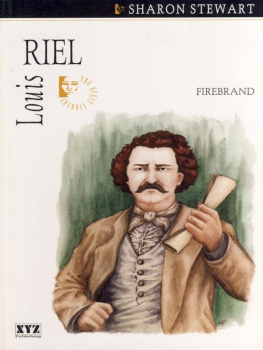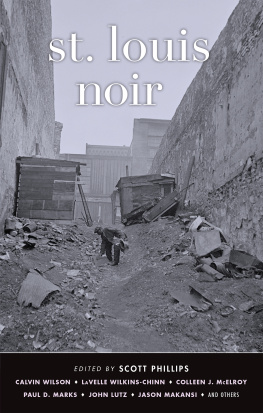JOE LOUIS
JOE LOUIS
Hard Times Man
Randy Roberts
Yale UNIVERSITY PRESS
New Haven and London
Published with assistance from the foundation established in memory of
Amasa Stone Mather of the Class of 1907, Yale College.
Copyright 2010 by Randy Roberts.
All rights reserved.
This book may not be reproduced, in whole or in part, including illustrations,
in any form (beyond that copying permitted by Sections 107 and 108 of the
U.S. Copyright Law and except by reviewers for the public press), without
written permission from the publishers.
Yale University Press books may be purchased in quantity for educational, business, or
promotional use. For information, please e-mail .
Designed by Mary Valencia.
Set in Minion type by Keystone Typesetting, Inc.
Printed in the United States of America.
Library of Congress Cataloging-in-Publication Data
Roberts, Randy.
Joe Louis: hard times man / Randy Roberts.
p. cm.
Includes bibliographical references and index.
ISBN 978-0-300-12222-0 (cloth: alk. paper)
1. Louis, Joe, 19141981. 2. African American boxersBiography.
3. Boxers (Sports)United StatesBiography. I. Title.
GV 1132.l6 R 63 2010
796.83092dc22
[B]
2010015422
A catalogue record for this book is available from the British Library.
This paper meets the requirements of ANSI/NISO Z39.481992 (Permanence of Paper).
10 9 8 7 6 5 4 3 2 1
To Marjie
You make each day better
CONTENTS
PREFACE
When times get really hard, really tough, He always send you
somebody. In the Depression it was tough on everybody, but
twice as hard on the colored, and He sent us Joe.
Joe Louis was to lift the colored peoples heart.
The Autobiography of Miss Jane Pittman
Thinking back, journalist Robert Lipsyte concluded that it was a generational thing. America seemed to be tearing apart at the seams in February 1964. Less than three months before, Lee Harvey Oswald had blown off the back of President John Kennedys head. The war in Vietnam had taken a dangerous, violent turn after the November assassination of President Ngo Dinh Diem. No longer was the United States supporting even a nominally democratic regime. Now it was underwriting a war conducted by a corrupt, inefficient military junta headed by a general who had named himself head of state. At home, Martin Luther Kings dream had turned into a nightmare. Medgar Evers gunned down in his driveway, four black girls killed when a bomb exploded in a Birmingham church, violent protest marches throughout the South, Malcolm X rejecting integrationists goalsthe movement appeared fractured. Culturally, the look of a new age was showcased on The Ed Sullivan Show on February 12, 1964, when four mop-topped musicians sang I Want To Hold Your Hand to ecstatic and screaming young girls.
By the last weeks of February, Miami had become the center of the racial and cultural discontent. The Beatles had arrived for a concert. Malcolm X had come as well, although he was not very forthright with the reasons. But reporters did not have to dig too deeply for the scoop. Malcolm X had become a fixture in the boxing camp of Cassius Clay, who was scheduled to fight Sonny Liston for the heavyweight championship title. Malcolm stayed in the background, saying little to journalists, but always uncomfortably near the young challenger, smiling at Clays antics, looking very much like the cat that had caught the canary.
What a story for the sportswriters who had descended on Miami for the fight. It seemed like the birth of a new America, fresh, vibrant, in-your-face. For younger reporters such as Lipsyte, Larry Merchant, and Jerry Izenberg, the story in Miami transcended boxing and even sportsit was about America, about history. Clay was a new America, a brash, confident, outrageous, entertaining spectacle. He was the epicenter of now. Just look at the pictures going out from Miami to the worldClay knocking down the four Beatles, Clay in a serious conversation with Malcolm X, Clay with his mouth wide open proclaiming that he is the chosen one. He was an irresistible story, and the young reporters felt more alive, more hip, just being part of the scene.
A few days before the title match, Joe Louis appeared in Clays camp. Just a few months short of his fiftieth birthday and still deep in debt to the Internal Revenue Service, the former champion was in town for walking-around money. The promoters paid him to show up for media events, talk to reporters, and generally lend his considerable prestige to a fight that was regarded as a gross mismatch in Listons favor. The contrasts between Clay and Louis were starkClay was young, articulate, and controversial; Louis was old, quiet, and bland. Clay seemed to dance on air like a pugilistic Astaire; Louis plodded dead-legged and heavy-footed. For Lipsyte, Louis was a black Dwight D. Eisenhower, a relic from his fathers generation, as much a memento of another time as a Roosevelt-Wallace campaign button. Yet the older sportswriterssuch legendary scribes as Jimmy Cannon, Red Smith, Arthur Daley, and Barney Naglermoved from Clay to Louis like a pack of paparazzi deserting a D-lister for a superstar.
Lipsyte did not understand. Later he cornered Nagler and asked why he and the others had wanted to talk to Joe. How can you hang around that mumbling old has-been, when heres this young beautiful hope of the future? he asked. Cassius was the story. He was dynamic and interesting, and, something more, he was fun. Nagler looked at Lipsyte almost sadly, because he knew that he could never explain. You should have seen him then, he offered.
* * *
Joe Louis: Hard Times Man is about Naglers thenthe roughly decade and a half between 1935, when Louis captured the attention of America, and 1951, when his career ended. For just short of twelve of those years Louis was the heavyweight champion of the world, defending his title an astonishing twenty-five times. No heavyweight champion has ever approached those figures. None have ever combined Louis power, longevity, and grace. It was as if Babe Ruth, Lou Gehrig, and Joe DiMaggio had been a single player, a single black player. Louis was like Franklin D. Roosevelt, a moral compass during a turbulent era. Along with Charles Lindbergh, Roosevelt and Louis were the most written-about men in America. From the middle of the Great Depression to the end of World War II, fdr and Louis were two of the most important physical presences and symbolic forces in America.
Joe Louis is the story of a man, and also of a sport. Boxing is no longer relevant to most Americans. It does not even rate its own tab on USA Todays sports website. Instead, it is grouped with cycling, horse racing, sailing, soccer, the wnba, and several other activities in the More Sports category. No newspaper or sports magazine has a full-time boxing writer. This had not always been the case. In the nineteenth century, the most recognized and important athlete in America was boxer John L. Sullivan. In the twentieth century, that distinction would be a toss-up between boxers Joe Louis and Muhammad Ali. It is doubtful that any boxer will compete for the title in the twenty-first century. For many Americans today, it is difficult to remember a time when boxing was vitally important, when the heavyweight champion was, in the words of Eldridge Cleaver, as a symbol the real Mr. America. During Joe Louis years in the ring there were only two professional sports that consumed the interests of Americans: baseball and boxing. Winning a World Series ring was the pinnacle of team competition. Winning a heavyweight championship belt was the greatest individual honor. For this reason, I provide a detailed consideration of the meaning of that title for Americans. From the late nineteenth century until the Great Depression, John L. Sullivan, Jack Johnson, and Jack Dempsey helped define what it meant to be a man in America.
Next page

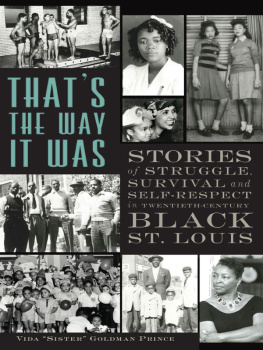
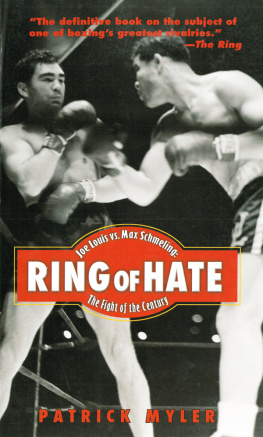
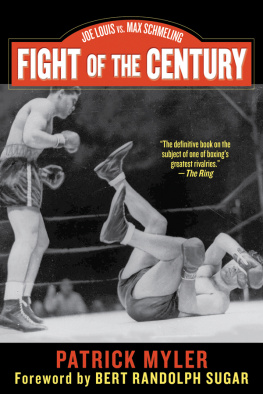
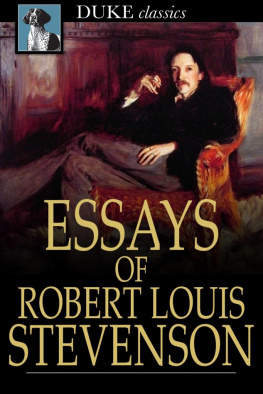
![Louis de Montfort - The Saint Louis de Montfort Collection [7 Books]](/uploads/posts/book/265822/thumbs/louis-de-montfort-the-saint-louis-de-montfort.jpg)
